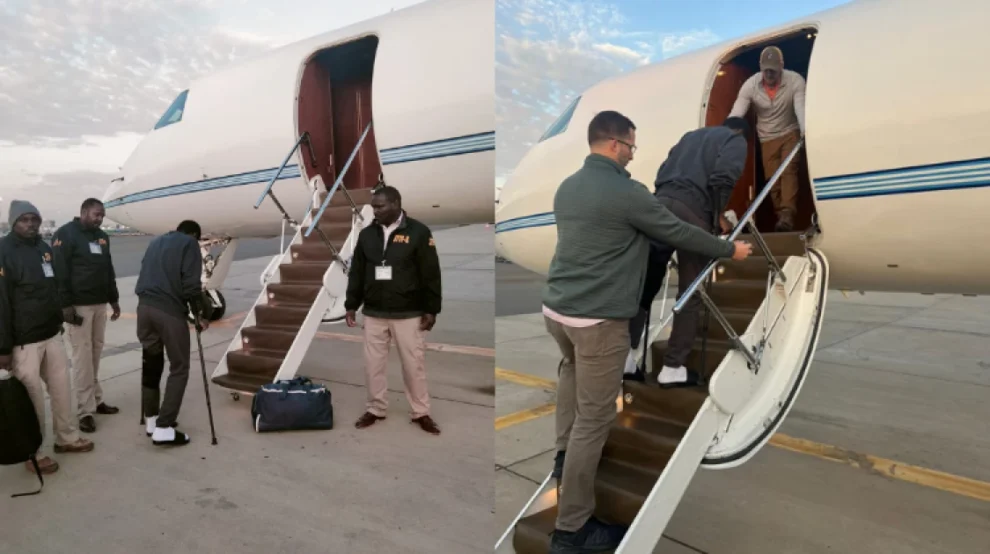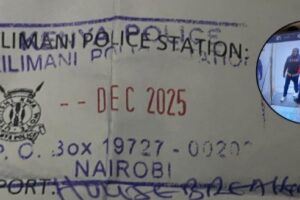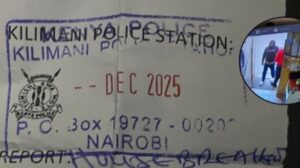Bile Jean Philippe Assemian, an Ivorian citizen, has been transferred from Kenya to the United States after a court process that ended with his extradition.
The Office of the Director of Public Prosecutions confirmed that he was officially handed over to U.S. authorities on September 25, 2025, marking the end of a legal process that began in July.
His case attracted attention because of the nature of the allegations, which involve the smuggling of firearms across international borders.
According to official records, Assemian was indicted by a Grand Jury in the U.S. District Court for the Northern District of Ohio on May 28, 2025.
The indictment is tied to activities dating back to 2018 when he and unnamed accomplices allegedly bought firearms in Ohio and Maryland.
The weapons were intended to be exported illegally to Côte d’Ivoire, his home country, in violation of U.S. laws.
These allegations led the U.S. government to pursue him through international legal channels.
The case gathered momentum after an INTERPOL Red Notice was issued against Assemian, which made him a wanted individual in member states.
He was eventually located and arrested in Kenya, where he faced legal proceedings to determine whether he could be extradited.
Kenya’s ODPP explained that on July 24, 2025, a formal extradition request was received from Washington through the Central Authority under the Office of the Attorney General and Department of Justice.
This request triggered the court process in Nairobi.
The extradition proceedings began on July 25, 2025, a day after the request was received.
After reviewing the evidence and legal documents, the Nairobi Chief Magistrate’s Court delivered its ruling on September 3, 2025, granting extradition orders.
This ruling gave the green light for Kenyan authorities to transfer Assemian to the U.S., where he will now face trial. The ODPP emphasized that the process followed due procedure, ensuring that Kenya met its international obligations under the extradition treaty.
Assemian’s transfer highlights the cooperation between Kenya and the United States in matters of criminal justice, particularly when it comes to cross-border crimes such as arms trafficking. The case also shows the role of INTERPOL in helping countries track and arrest suspects wanted internationally.
For the U.S. authorities, his arrival is a significant step in pursuing accountability for crimes that stretch beyond one country’s borders.
For Kenya, the decision demonstrates its willingness to act within the framework of international law.
With the extradition now complete, attention shifts to the U.S. courts, where Assemian is expected to stand trial and answer to the charges laid against him.
The outcome of the case will depend on the evidence presented, but the extradition itself signals a firm stance against illegal arms networks and international smuggling operations.





















Add Comment